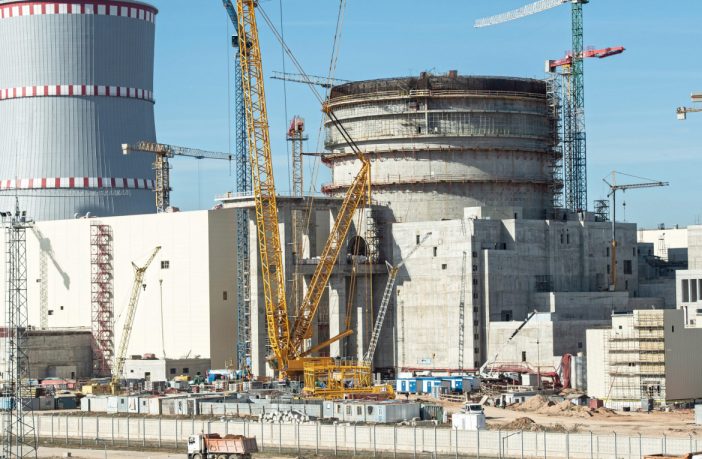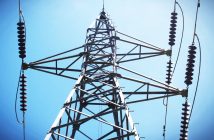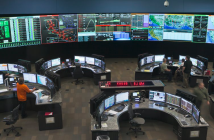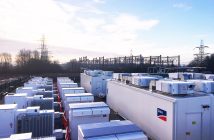Opinion
South Africa has an established and experienced nuclear industry, with some of its great talents behind the development of Small Modular Reactors (SMRs) around the world and the operation of the world’s latest nuclear power plants. We are also leaders in the field of nuclear medicine and research.
Our nuclear industry has been mostly aligned toward operating and maintaining our Koeberg and Safari reactors over the last four decades. The earlier nuclear power procurement programs and Koeberg’s life extension projects have revived our industry, seeing new local entrants stepping up and qualifying for these opportunities. During the 2007 nuclear build procurement programme, South Africa’s industry was well aligned with the international Nuclear Vendors and their EPC contractors in their final offers.
Being a Vendor-controlled turn-key EPC solution, with a fully integrated local workforce, the risks experienced in our recent coal builds would have been mitigated. This remains the preferred project delivery strategy for nuclear builds today. In 2007, the localisation target would have realised a local spend of R300 billion over 15 years across a wide range of our industries. This would have prevented the collapse of our construction and manufacturing sectors and significantly reduced today’s highest levels of unemployment.
The local operation and maintenance spend over the following 60 years would have significantly changed the economies around those power plant, as we have seen with Koeberg. We can no longer deny our people these opportunities.
Today, we have the expressed interest of several nuclear vendors, with the inclusion of SMRs and potential for a Multi-Purpose Reactor for Necsa. The large-scale Generation III nuclear power plants are through their ‘first of a kind’ (FOAK) phase, with many reactors successfully connected to the grid and delivering designed performance. Many new nuclear power plants and SMR prototypes are under construction globally, significantly reducing construction and schedule risks for South Africa and Africa.
Related news: Solar power to become cheaper than nuclear power by 2030 in Japan
A country that is setting a great example for South Africa on localising a nuclear new build is the UK. There are similarities with our industry, having last built nuclear power plants almost four decades ago. Through an innovative Government-led industrial support program and a well-geared industry, the local content for the first nuclear power plant exceeded 60% and currently on target. The UK’s fleet build programme will benefit from the experience and lessons learned from this first plant, with significant reductions in cost, schedule, energy tariffs and exponential growth in jobs. A nuclear build programme has far-reaching and long-lasting effects across the industry’s supply chain, from advanced education to apprenticeship training, with top jobs in planning, legal, financial, regulatory, engineering, manufacturing, and construction disciplines, over the build phase. Then operations & maintenance careers over 60 to 80 years. Nuclear Energy has no peers in creating top quality and high paying jobs and careers.
It is encouraging to see the National Nuclear Regulator (NNR) has requested a public hearing on the suitability of the Thyspunt site, in the Eastern Cape, for a nuclear power plant. This is how we can deliver the economic recovery we have promised that region for some time. Read more
Although the barriers to entry to the nuclear industry are high, the sheer scale and scope of opportunity makes the engagement of our local industry worthwhile. With these nuclear qualifications and capabilities, our industries would be eligible for expansion into export marketsand other safety-class sectors like, Aerospace, 4IR precision manufacturing and LNG.
The timing for the engagement of our local industry in a nuclear build is critical. A phased alignment will guarantee optimal local content while mitigating unnecessary risks.
Author: Des Muller

Des is the spokesperson for the SA Nuclear Build Platform.
Link to original article HERE
Disclaimer: The articles expressed in this publication are those of the authors. They do not purport to reflect the opinions or views of Green Building Africa, our staff or our advertisers. The designations employed in this publication and the presentation of material therein do not imply the expression of any opinion whatsoever on the part Green Building Africa concerning the legal status of any country, area or territory or of its authorities.











